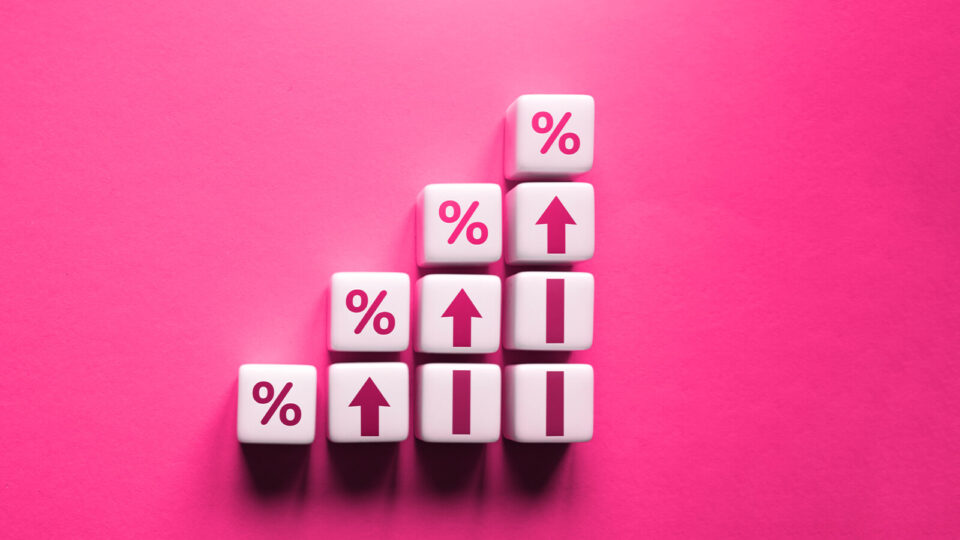How the rise in loan interest rates affects your money
With higher banks’ interest rates, it means if you have a bank loan or intend to take one, you will spend more to service the loan.

The ongoing increase in the price of level of goods and services (inflation) has led to reduced real returns on financial investments and is eroding consumer’s purchasing power.
As a way of controlling inflation, the Central Bank of Kenya (CBK) has increased the interest rates they charge on loans to commercial banks, and now lenders are passing on these higher rates to their customers.
Last week, commercial banks started announcing increase in loan prices in line with the new rates announced by CBK on June 26, where it raised the Central Bank Rate (CBR) by 100 basis points (bps) from 9.5 percent to 10.5 percent.
Increasing the key lending rate makes borrowing more expensive as commercial banks use the rate as a base on which they load their margins when pricing loans.
With higher banks’ interest rates, it means if you have a bank loan or intend to take one, you will spend more to service the loan. It also implies that, everyone will be hit in the form of more expensive goods on the shelves, which will erode the spending power of many consumers.
For instance, if you want to buy something like a car, it will cost you more as car prices will be higher. And if you need a loan to finance your car, you will have to take out a higher loan and pay more interest on it. You may as well face more difficulties in obtaining a loan from a bank and repaying it.
Lately, banks have been shifting to a risk-based pricing method where different consumers are charged different interest rates based on the estimated risk that the consumers will fail to pay back their loans. The adoption of risk-based lending has been increasing the cost of credit for most borrowers, but it has helped motivate banks to lend more as the increased returns cover the risk of default by some customers.
On June 26, while lifting the benchmark interest rate, CBK’s Monetary Policy Committee (MPC) cited sustained pressure on inflation and observed risks for higher consumer prices which, in its view, would have a negative impact on the economy.
“Overall inflation is expected to remain elevated in the near term, mainly due to the removal of the fuel subsidy, and associated second-round effects. Additionally, a mini survey of the agriculture sector in the first half of June revealed that prices of some key food items, particularly sugar and maize remain elevated,” the CBK statement stated.
Some of the banks that have announced an increase in loan prices in line with the new benchmark rate announced by the CBK, in what will see their customers start paying more to service their loans are:
Equity Bank – was the first lender to make the announcement. “Effective July 10, 2023, rate stands adjusted to 14.69 percent plus a margin based on the customer’s credit risk.”
Standard Chartered Bank – for StanChart’s customers, starting August 5, 2023, internal base lending rate has been revised from 10.0 percent to 10.5 percent to bring the interest rate of the Kenya shilling loan facility to 16.5 percent per annum.
Co-operative Bank of Kenya – for Co-op Bank customers, effective August 7, 2023, the new base lending rate for Kenya shilling credit facility will now be 13 percent per annum.
NCBA – has announced to its customers that effective August 7, 2023, the Kenya shilling base lending rate is set to increase from 12 percent to 13 percent. Fixed rate loans will be unaffected while for variable-rate loans, the Kenya shilling base lending rate will increase by 1 percent per annum.
Access Bank – Starting August 8, 2023, the bank adjusted its base rate to 14.63 percent plus a margin based on the customer’s credit risk.





